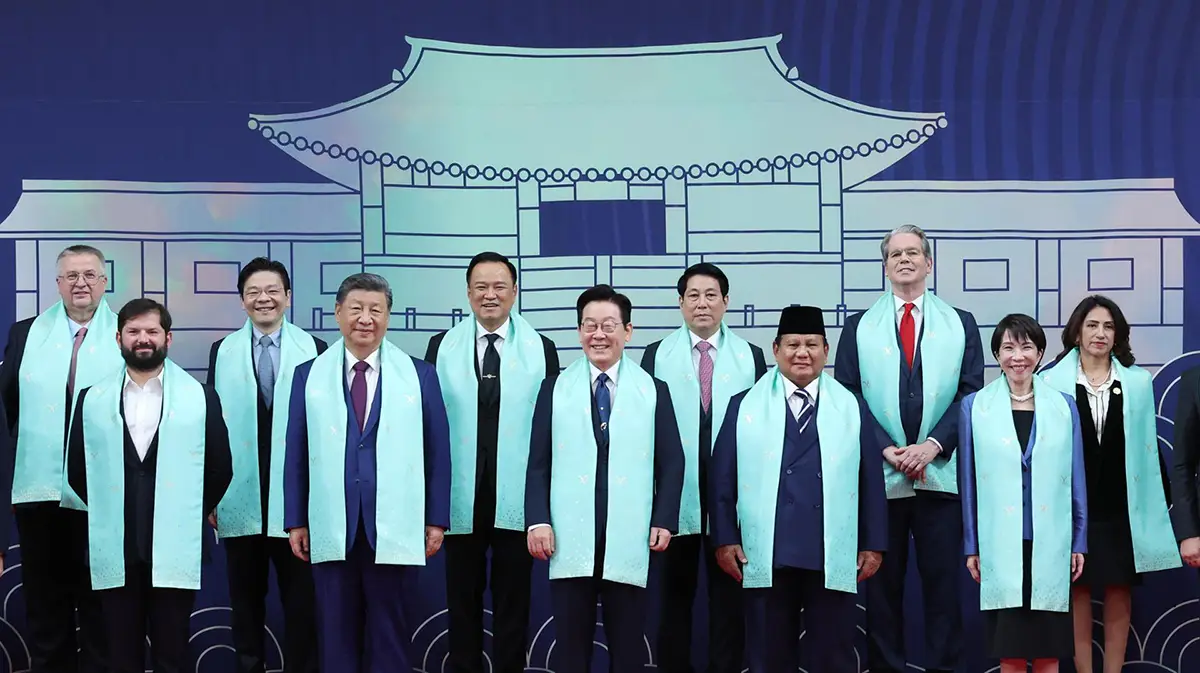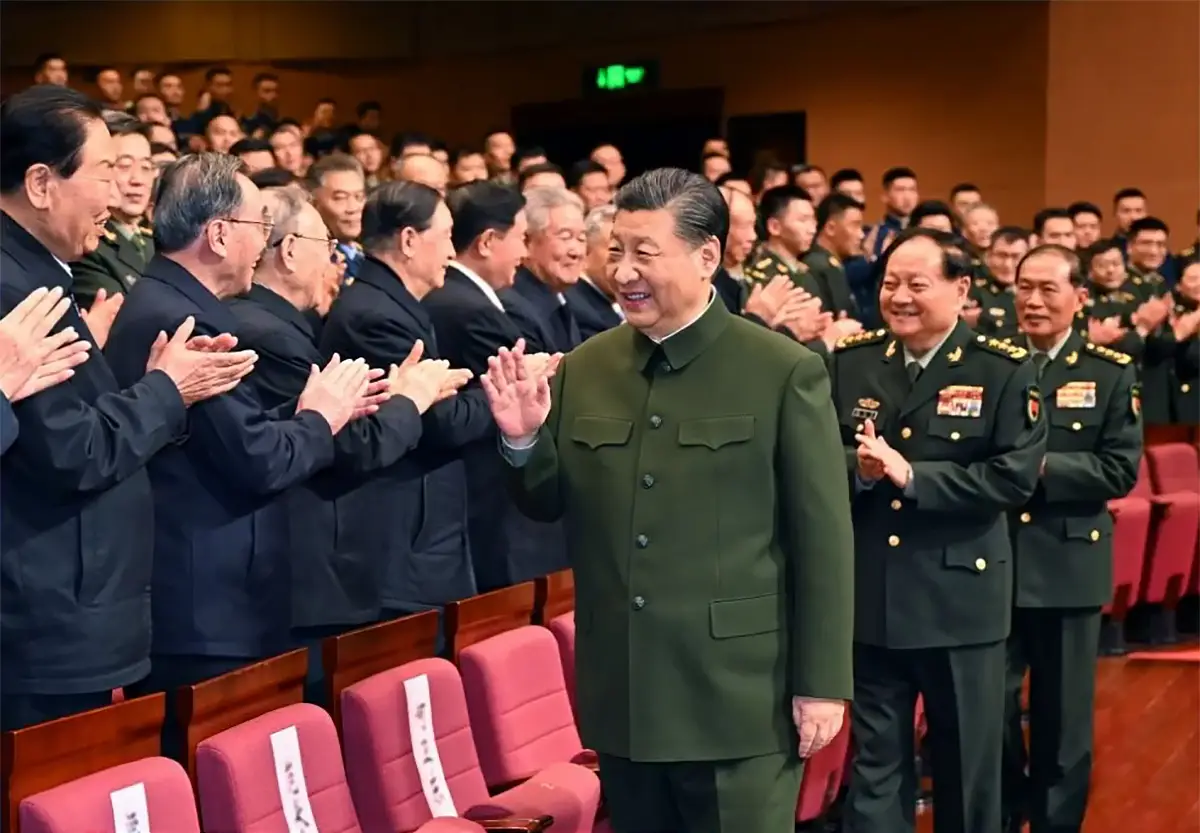Just two months after taking office, the Biden administration released its Interim National Security Strategic Guidance. This report marked a dramatic departure from the previous administration’s approach to foreign policy. It emphasized the importance of building and maintaining the U.S. network of allies and partners as an enduring advantage in order to uphold international order and advance democratic interests in the face of growing challenges from authoritarian rivals such as China and Russia. “We will only succeed in advancing American interests and upholding our universal values by working in common cause with our closest allies and partners … America is back. Diplomacy is back. Alliances are back.”
But over the past several days, the administration saw a clear, painful example of the fact that even close allies may have complex, competing interests and may not always be of the same mind regarding the best way to address challenges. As Washington seeks to sustain and grow its network of allies and partners, the Biden administration will have to contend with a diversity of priorities and perspectives and find a balance between them.
On September 15, President Biden announced the creation of a new trilateral defense partnership between the United States, Australia and the United Kingdom, called AUKUS. Aimed at addressing the complex and evolving security challenges in the Indo-Pacific region, the first initiative for this partnership is to develop a nuclear-powered submarine fleet for Australia through the sharing of U.S. technology.
While not specifically called out by name during the announcement, China’s increasing military power and aggressive behavior and intimidation in the Indo-Pacific region is viewed as the most likely reason behind Australia’s decision to acquire nuclear submarines. The relationship between China and Australia has deteriorated rapidly since 2015, with Australia accusing China of unlawful activity in the South China Sea, cyberattacks, state-sponsored espionage, economic coercion through tariffs and export bans, malign foreign influence in Australian domestic politics, and more. “We should call the first submarine in this new category the ‘Xi Jinping,’ because no person is more responsible for Australia going down this track than the current leader of the Chinese Communist Party,” said Peter Jennings, head of the Australian Strategic Policy Institute.
Highlighting the importance of collaboration with allies and partners in order to ensure the freedom and openness of the Indo-Pacific, Biden stressed that the United States would continue to cooperate and coordinate with the Association of Southeast Asian Nations (ASEAN), the Quad (U.S., India, Japan and Australia), treaty allies in the region (Australia, Japan, the Philippines, South Korea and Thailand), the Five Eyes intelligence alliance (Australia, Canada, New Zealand, U.K. and U.S.), and allies and partners throughout Europe. He underlined the important role European countries have been playing in strengthening stability in the Indo-Pacific, specifically France, a NATO ally.
However, rather than strengthening the network of alliances, this announcement seems to have resulted in a fissure between some key U.S. allies in Europe and in the Indo-Pacific. By agreeing to build a new nuclear-fueled submarine fleet with U.S. technology, Australia abruptly ended its 2016 contract worth at least $66 million for a French majority state-owned company to build conventional diesel-electric submarines. This deal with France had been lauded as Australia’s biggest and most complex defense acquisition at the time, but had reportedly been plagued by delays, cost overruns, design changes and even a massive leak of documents from a cyberattack in the years since.
The French reaction has been swift and furious. Two days after AUKUS was announced, France recalled its ambassadors to the United States and Australia for the first time in its diplomatic history with the two countries. French Foreign Minister Jean-Yves Le Drian denied that his country had been consulted before the AUKUS agreement was made and accused the U.S. and Australia of “duplicity, disdain and lies.” He added that allies “don’t treat each other with such brutality, such unpredictability, a major partner like France ... So there really is a crisis … There are reasons for us to question the strength of our alliance.”
European Union foreign ministers have demonstrated support for France and echoed its dismay. The day after the AUKUS agreement was announced, the EU announced its own formal strategy for the Indo-Pacific, intended to increase EU presence in the region. European Council President Charles Michel said that the AUKUS agreement “further demonstrates the need for a common EU approach in a region of strategic interest.” Following a meeting of the United Nations General Assembly a few days later, Michel expressed confusion over the decision by the U.S., Australia and Britain, saying, "Why? Because with the new Joe Biden administration, ‘America is back.’ This was the historic message sent by this new administration, and now we have questions. What does it mean: ‘America is back’? We don't know." Also at the UN General Assembly, Michael Roth, the European Affairs Minister for Germany, another NATO ally, called the dispute a "wake-up call," telling reporters that "lost trust has to be rebuilt — and this will obviously not be easy. But we want to make a constructive contribution."
The Biden administration attempted to "reaffirm our commitment to working with one of our oldest and closest partners on a range of challenges that the global community is facing." The White House scheduled a call between Biden and French President Emmanuel Macron . But Le Drian continued to accuse the U.S. of "unilateralism, unpredictability, brutality and not respecting your partner."
Despite France’s accusations, Australian Prime Minister Scott Morrison insisted that the AUKUS deal was in his country's best interests. He expressed “deep and grave concerns” that the French contract for 12 conventional submarines, signed long before U.S. nuclear submarine technology was available to Australia, was not going to meet Australia’s national security needs. In fact, a 2020 public report issued by Australia’s Auditor General shows that an independent oversight board had significant concerns regarding whether the contract was in Australia’s national interest and advised the country to look at alternatives. In January 2021, Morrison’s office established a panel of inner-circle cabinet advisors to decide how to proceed with the contract. And in April, the Australian government declined to sign a contract to begin the next phase of the submarine project unless the French company met its requirements within a month.
The strategic importance of the Indo-Pacific region and the need to counter the threats posed to security and economic interests by China have greatly increased over the past decade. However, the U.S. transatlantic relationship with Europe has been the foundation upon which the post-World War II democratic international order was built. A free and open Indo-Pacific has relied on the geostrategic and economic stability promoted by the transatlantic alliance for over 70 years. In this interconnected, dangerous world, Washington needs a wide network of allies and must find the balance to sustain them all.



